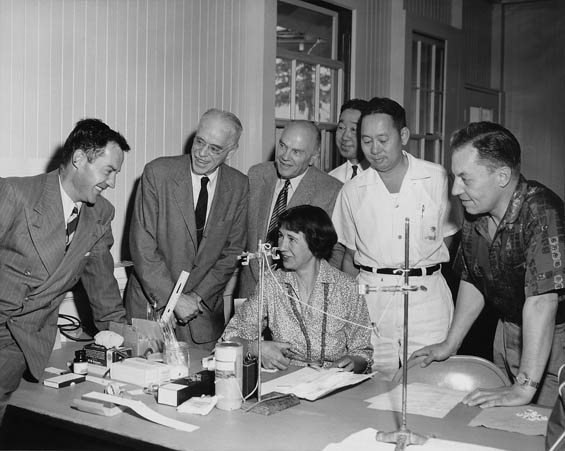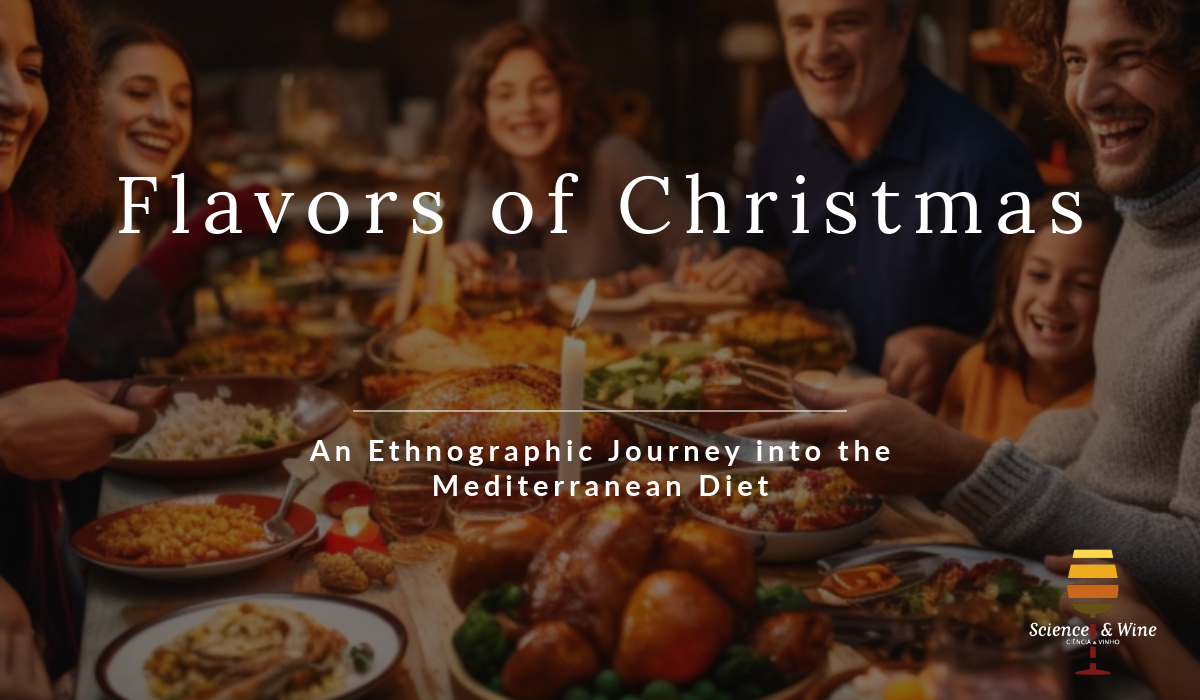Recently, I had the pleasure of delving into a captivating book chapter titled “Sharing Food and Conviviality in the Mediterranean Diet’. Some Ethnographic Examples,” authored by Elisabetta Moro and Rossella Galletti. The insights offered in this chapter are not only fascinating but also remarkably relevant, especially as we find ourselves amid the festive season of Christmas.
Unveiling the Tapestry of Mediterranean Lifestyle
This chapter narrates the compelling story of Ancel and Margaret, who, after spending 35 years in the charming village of Minnelea, brought to light the enchanting world of Mediterranean cuisine. Their journey was not just a gastronomic exploration; it was a cultural odyssey documented in their renowned book How to Eat Well and Stay Well: The Mediterranean Way. Interestingly, the term “Mediterranean Diet” was a product of editorial preference, with the Keys initially favoring the softer expression, “Mediterranean Way.”

Seen here with the hospital physicians who aided their survey, Brian Bronte-Stewart of South Africa and Paul White of Boston are on the left, and Margaret and Ancel Keys of Minnesota are in the center and right.
A Lifestyle Enriched by Time-Honored Traditions
The Keys’ experience in Pioppi reveals a unique approach to time, deeply entwined with seasonality. This temporal cycle manifested itself in a rich tapestry of culinary traditions from Christmas Eve dinners to Sunday lunches. The conservative attitude towards these traditions, especially in southern Italian culture, has fostered a daily embrace of homemade food and the local production of wine, vegetables, cheese, and cold cuts.
The Sunday lunch, a ritualistic affair, exemplifies the significance of food in expressing sentiments, emotions, and love. This practice of reinforcing relationships through shared meals resonates strongly in Mediterranean cultures, setting them apart from those in which food plays a less central and symbolic role.
Weddings and Conviviality: A Culinary Affair
Hospitality has been a dominant theme in Italy, with significant life moments celebrated around the table. Weddings, especially in Pollica, exemplify the deep-rooted connection between food and social solidarity. The entire community is formally invited, emphasizing the strength of bonds within the population. Post-wedding rituals involve visits to every home, symbolizing sharing and social unity through food exchanges.
Neapolitan Christmas Feast: A Case Study
The Neapolitan Christmas feast offers a fascinating case study that reveals the intricate web of food exchange and conviviality during the holiday season. The exchange of gifts, particularly food items, reflects the community’s social dynamics. The “capitone,” a female eel, takes center stage as the undisputed king of Christmas banquets. Its preparation becomes a domestic ritual, engaging every family member emotionally.

Rituals, Symbolism, and the Mediterranean Diet
The Neapolitan Christmas feast has become a microcosm that reflects the values of the broader Mediterranean Diet. Beyond mere nutrition, food becomes a cultural ambassador, symbolizing conviviality, hospitality, and a shared identity. Festive abundance, highlighted by the “capitone,” transcends the culinary realm, shaping the identity of the Neapolitan people.
Conviviality: A Key to Mediterranean Identity
In over a decade of research on the Mediterranean Diet, Moro and Galletti emphasized conviviality as a central factor in defining community identity. Holiday banquets become spaces for the exchange of not just food and beverages but also gestures, words, feelings, and values. These moments shape relationships, establish hierarchies, and perpetuate and subvert social norms.
In essence, the holiday banquets of Campania exemplify the term “conviviality,” offering a glimpse into the practices and desires that define Mediterranean life. Sharing a meal becomes a profound act, expressing the sentiments of welcome, love, and joy.
Conclusion: A Culinary Tapestry of Identity
As we explore the ethnographic examples shared by Moro and Galletti, it becomes evident that conviviality is woven into the fabric of the Mediterranean culture. The richness of shared meals during weddings and festive seasons not only reflects cultural practices, but also serves as a mirror reflecting the identity and social dynamics of these communities.
This festive season allows us to embrace the spirit of Mediterranean conviviality, where every meal is an opportunity to share more than just food; it is a chance to share in the joy of togetherness, the warmth of tradition, and the richness of a shared cultural identity.
Read this chapter at: Moro, E., Galletti, R. (2022). Sharing Food and Conviviality in the Mediterranean Diet. Some Ethnographic Examples. In: Nobayashi, A. (eds) Making Food in Local and Global Contexts. Springer, Singapore. https://doi.org/10.1007/978-981-19-1048-7_5

